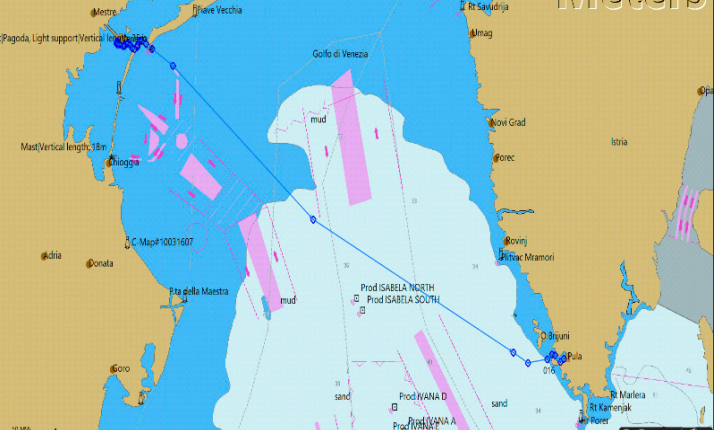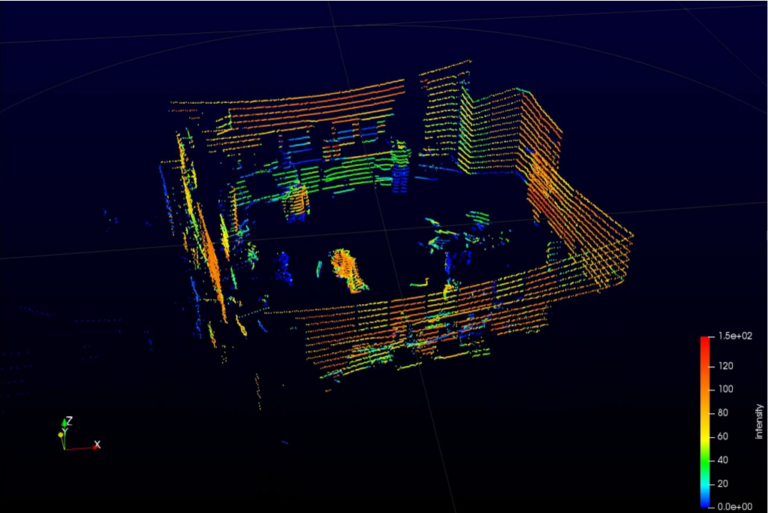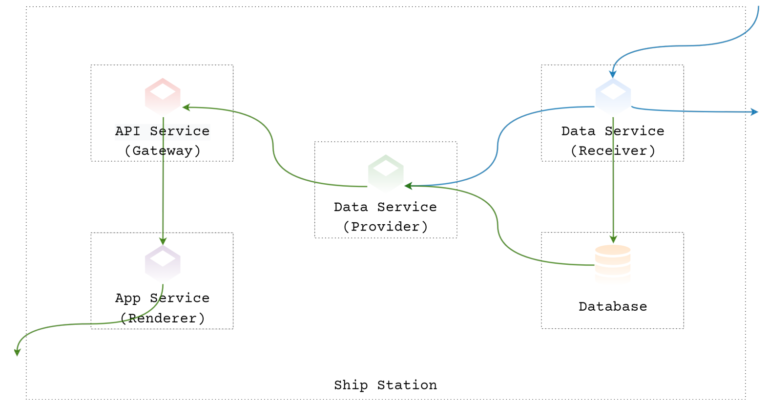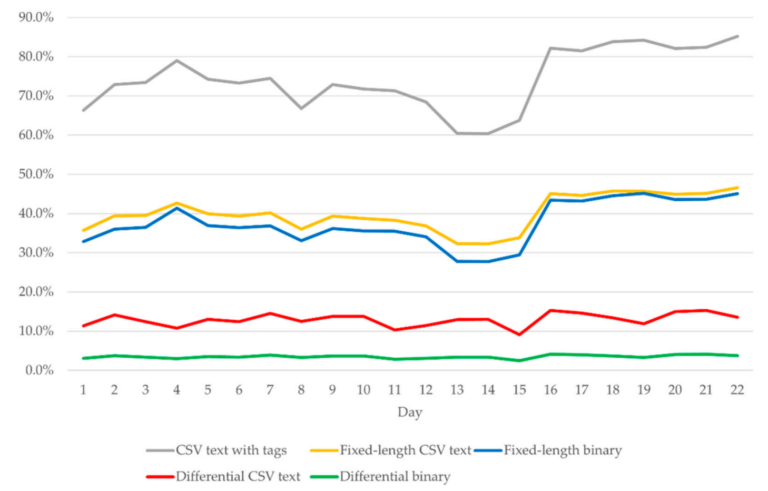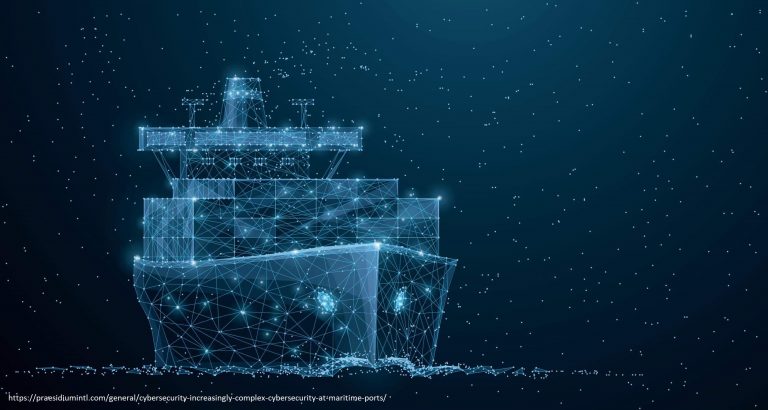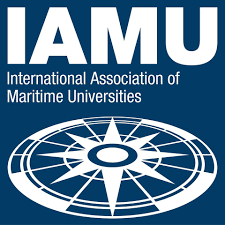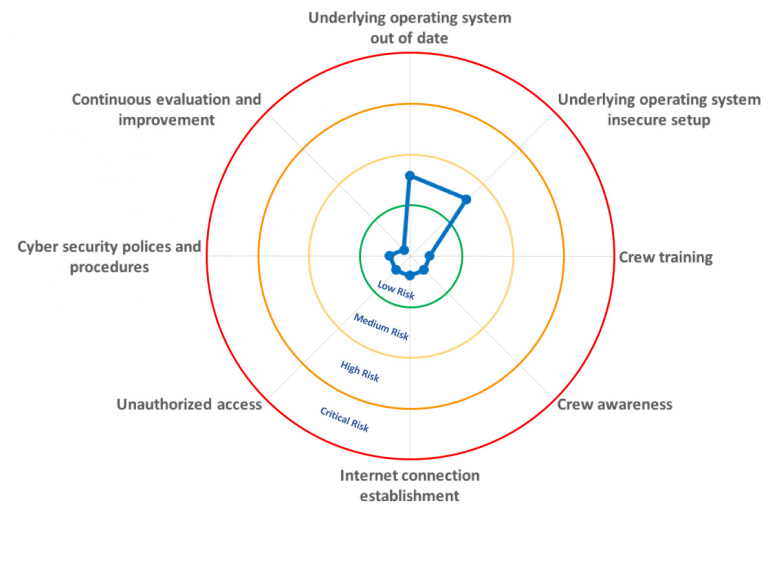The project is directed toward developing computational algorithms based on advanced digital signal processing techniques and artificial intelligence methods. The research will particularly focus on the computer-aided analysis of non-stationary signals using two-dimensional quadratic time-frequency distributions, where the improvement in time-frequency resolution and robustness to noise will be thoroughly studied. Moreover, adaptive algorithms for non-stationary […]
Laboratory for Cybersecurity of Communication and Navigation Devices
Emphasis on Occupancy Rates in Carbon Emission Comparison for Maritime and Road Passenger Transportation Modes
Carbon emissions generated by the transportation sector represent a large part of total greenhouse gas emissions and are thus subject to various policies and initiatives for emission reduction and the development of sustainable transportation networks. Furthermore, passenger transportation generates a significant amount of emissions within this sector, especially in those countries with large and developed […]
Application of Laser Systems for Detection and Ranging in the Modern Road Transportation and Maritime Sector
The development of light detection and ranging (lidar) technology began in the 1960s, following the invention of the laser, which represents the central component of this system, integrating laser scanning with an inertial measurement unit (IMU) and Global Positioning System (GPS). Lidar technology is spreading to many different areas of application, from those in autonomous […]
BlueNavi: A Microservices Architecture-Styled Platform Providing Maritime Information
Traditional methods of marine navigation are undergoing a revolution brought about by the almost universal adoption of the Automatic Identification System (AIS). AIS exchanges a wealth of navigational information among vessels and between ships to shore through Very High Frequency (VHF). With AIS data integrated into the Electronic Chart Display and Information System (ECDIS), the […]
Shipboard Data Compression Method for Sustainable Real-Time Maritime Communication in Remote Voyage Monitoring of Autonomous Ships
Due to the ever-increasing amount of data collected and the requirements for the rapid and reliable exchange of information across many interconnected communication devices, land-based communications networks are experiencing continuous progress and improvement of existing infrastructures. However, maritime communications are still characterized by slow communication speeds and limited communication capacity, despite a similar trend of […]
Cyber Security of Maritime ICT-Based Systems
With the growing reliance on the Information and Communication Technologies (ICT) technologies, maritime cyber risk management becomes increasingly important. Managing the maritime cyber risk would allow not only data protection, but as well as safe and reliable ship operations and maritime transport. Recently, the International Maritime Organization (IMO) has published the Guidelines on high-level recommendations […]
Towards a Cyber Secure Shipboard ECDIS
With the development of the Electronic Chart Display and Information System (ECDIS) into a complex computer-based system, safeguarding from cyber threats is becoming critically important. The goal of the project is identification of cyber risks threatening ECDIS systemsimplemented on four training ships, which are of different manufacturers and models. The additional goal is, on the basis […]
Towards a Cyber Secure Shipboard Radar
This paper presents a comparative cyber security resilience estimation of shipboard radars that are implemented on two oil/chemical tankers certified as SOLAS ships. The estimated radars were chosen from the same manufacturer, but belonged to different generations. The estima- tion was conducted by means of ships’ crew interviews and computational testing of the radars using […]
Raising Awareness on Cyber Security of ECDIS
In the maritime transport, the Electronic Chart Display and Information System (ECDIS) has been developed into a complex computer-based ship critical operational technology system, playing central roles in the safe ship navigation and transport. While ECDIS software maintenance is regulated by the International Maritime Organization (IMO) ECDIS performance standards and related circulars, underlying software and […]
Shipboard ECDIS Cyber Security: Third-Party Component Threats
The Electronic Chart Display and Information System (ECDIS) plays a central role in safe navigation of ships. The ECDIS is basically a software package running on a general operating system that could be comprised of the third-party components. This paper presents an analysis of cyber security weaknesses of a shipboard ECDIS raising from the ECDIS […]

